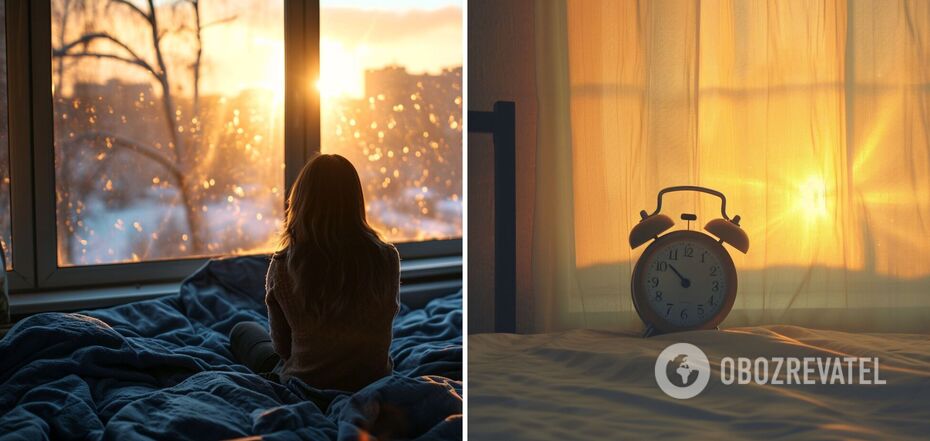Life
Why it is harmful to set several alarms in the morning
An alarm clock is an indispensable tool in our daily lives, especially when it comes to getting up in the morning. For many of us, getting out of bed in the morning is not an easy task, and the accelerated rhythm of modern life does not make this process any easier.
However, thanks to the alarm clock, we get the opportunity to start a new day on time and in an organized manner. Its sound is the first thing we hear in the morning, the alarm waking us up from sleep. And while most people intuitively or quite consciously set the "right" melody (with a soft gradual beginning and medium tempo in general) on their alarm clocks, very few people know about the mistake I'm going to tell you about today...
Why you shouldn't snooze your alarm clock
My name is Daria Pylypenko, I'm a sleep scientist and I've been studying sleep for years. There is a good scientific reason why we shouldn't press the snooze button when the alarm goes off and we're already awake.
But let me explain in more detail what I'm talking about.
Modern smartphone alarms have a snooze function. First, it can be enabled in the smartphone settings - in this case, the signal will repeat every five, ten, or twenty minutes until we are fully awake and turn off the alarm completely. Secondly, there is a snooze button on the display. It is designed for people who think: yes, I can't get up right now, I'll lie down for a while, just thirty or forty seconds... The second alarm will prevent us from being late for work or a meeting, but the consequences for our health will be unpleasant.
At first glance, the snooze button may seem like a good idea, because it gives us a few more minutes of rest...
But after the alarm goes off for the second time and we have to get up, we'll feel even worse than we did after the first alarm. Very sleepy, tired, not ready for a new day, even a little disoriented. And this is not some unexplained phenomenon, it has a very specific justification provided by the science of sleep - somnology.
This is where neuroscience comes into play.
When we press the snooze button, we wake up but stay in bed, so when the alarm goes off, our brain goes back to sleep. If we fall asleep after waking up, we start a new sleep cycle, which lasts 90 to 110 minutes.
Of course, no one has the luxury of sleeping for an hour and a half, the alarm goes off in nine or nineteen minutes...
We had already hit the minimum 75-minute sleep cycle, but we slept only 5-10% of that time. After waking up again, as I said above, we feel very drowsy and exhausted, even if we slept well at night.
The reason is that we enter a state of sleep inertia.
This is the period when, after waking up, we do not feel an increase in tone, but rather a decrease.
The feeling of being broken, which arises from waking up again before the end of the sleep cycle, can accompany you for several hours - in fact, according to scientists, at least four hours.
As a somnologist, I advise getting up after the first alarm. Even if we feel drowsy, there are many quick ways to wake up, such as doing morning exercises, getting some fresh air, turning on your favorite music, or... even just watching the latest news.
Remember that pressing the snooze button on your alarm is not an effective way to get more rest. If you find it very difficult to get up when the alarm goes off, then I'd like to conclude with some tips for improving your sleep hygiene.
- Create a stable sleep schedule, set aside enough time for rest, and try to stick to it.
- Use an alarm clock with a sound that gradually increases in volume or has natural sounds to wake up your brain. This type of alarm helps to avoid waking up suddenly, which can also suddenly turn into sleep.
- Place the alarm clock so that its sound is loud and clear enough, but at the same time, it is not next to the bed. This arrangement will force you to get out of bed to turn it off, preventing you from being tempted to continue sleeping.
- Provide sufficient lighting in your sleeping area when you wake up. Open the curtains or use light therapy if necessary. Bright light will help make the waking process more natural.



























